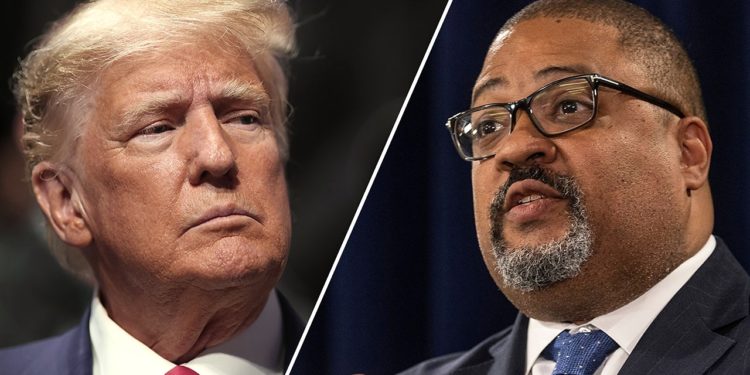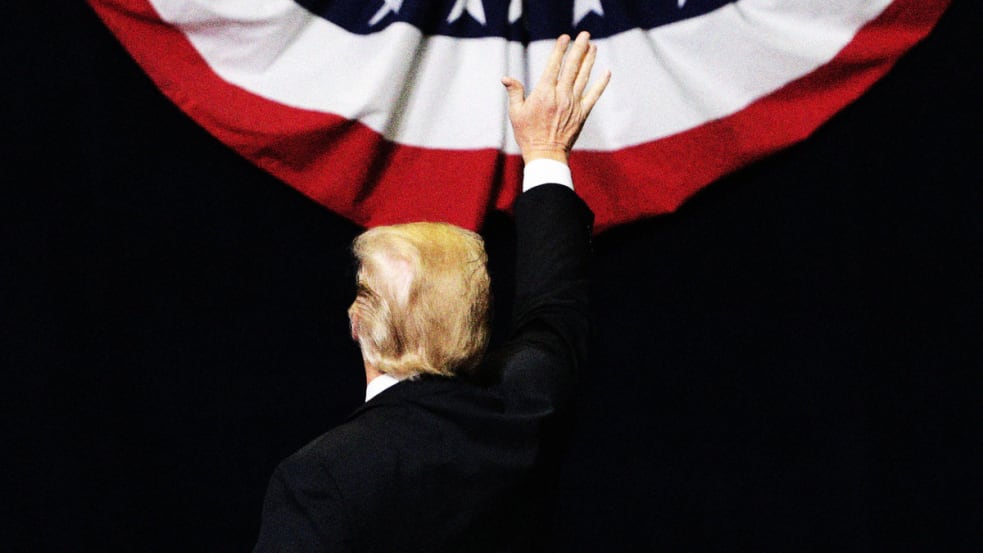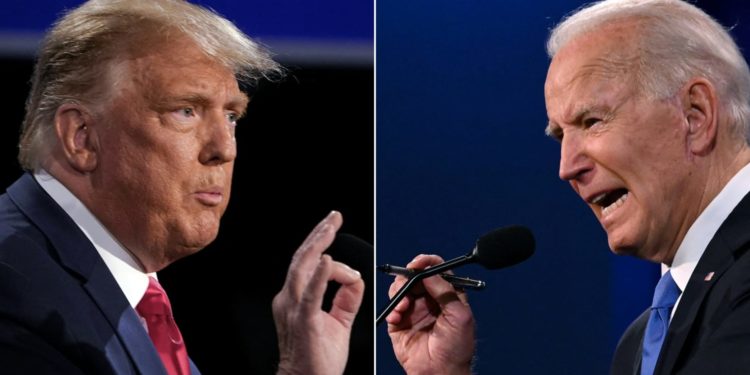FOX NEWS
Two Trump cases converged in the U.S. Supreme Court on Thursday, when Justice Brett Kavanaugh asked a penetrating question. What’s to stop a “creative prosecutor” from using a “vague statute” to prosecute a president, especially, a prosecutor from the “opposing party”?
In the Age of Trump, the answer is nothing. That’s precisely what Manhattan District Attorney Alvin Bragg is doing to the former president in a New York courtroom. And Fulton County DA Fanni Willis in Georgia. And special counsel Jack Smith in both Washington, D.C. and Florida.
Kavanaugh’s query came during oral arguments over the issue of presidential immunity asserted by Trump in the January 6th case brought by Smith. But the capacious meaning was crystal clear. It was echoed by another Justice, Neil Gorsuch, who worried aloud about the use (or misuse) of “criminal law to target political opponents based on accusations about their motives.”
Of the four criminal indictments of Trump, the Bragg case is the most egregious example of this nightmare scenario. It is exactly what it appears to be: a politically motivated case conjured up by an unscrupulous prosecutor to fulfill a campaign promise to nail President Joe Biden’s rival, Donald Trump. To accomplish it, Bragg creatively exhumed not just vague statutes, but expired ones, that do not remotely support the conduct charged.
Any neutral and objective judge who is knowledgeable in the law would have long ago dismissed Bragg’s sham charges. Instead, the case went to Judge Juan Merchan whose anti-Trump bias is on conspicuous display whenever he takes the bench. His unconstitutional gag order on the leading candidate for president is but one in a string of head-banging pronouncements.
For more than two centuries, candidates have been promoting positive stories and concealing negative ones. As Fox News contributor and former federal prosecutorAndrew McCarthy pointed out, “It’s not a crime for a candidate and his supporters to try to influence an election —that’s what a political campaign exists to do.”
What is arguably illegal, however, is to conspire by “unlawful means.” But that’s not what happened in this so-called “hush money” case involving porn star Stormy Daniels. She demanded cash and Trump capitulated. She signed a non-disclosure agreement in exchange for her silence. No crime there. Completely legal.
Purchasing the rights to someone’s salacious story with no intent to publish it is also lawful. Why? Because there is no victim, and there was mutual assent by two parties. Daniels pocketed the handsome sum of $130,000 and signed a contract with the National Enquire that imposed no duty on the tabloid to actually run her story. So, once again, there’s no crime.
Realizing this, Bragg’s surrogates tried to have it both ways. Assistant D.A. Matthew Colangelo argued during opening statements that what Trump really did (wink, wink) was violate federal campaign laws. Except, of course, he didn’t.
Only the feds have jurisdiction over federal elections, not local district attorneys. Both the Federal Election Commission and the Justice Department concluded that Trump’s payments to Daniels did not qualify as a campaign expenditure. Therefore, no crime was committed.



